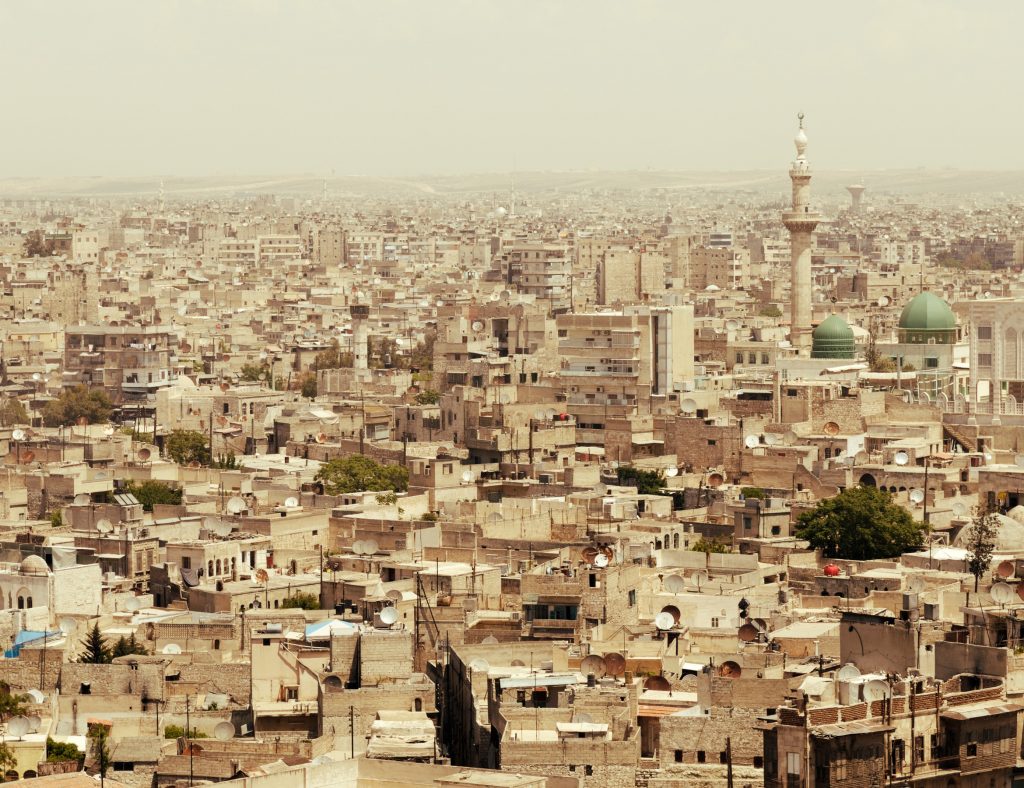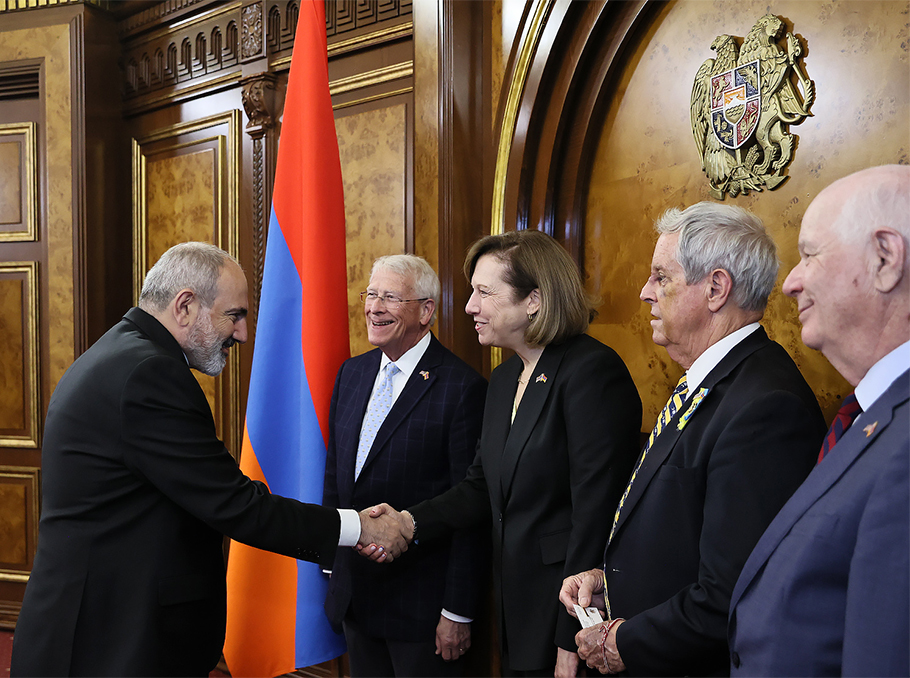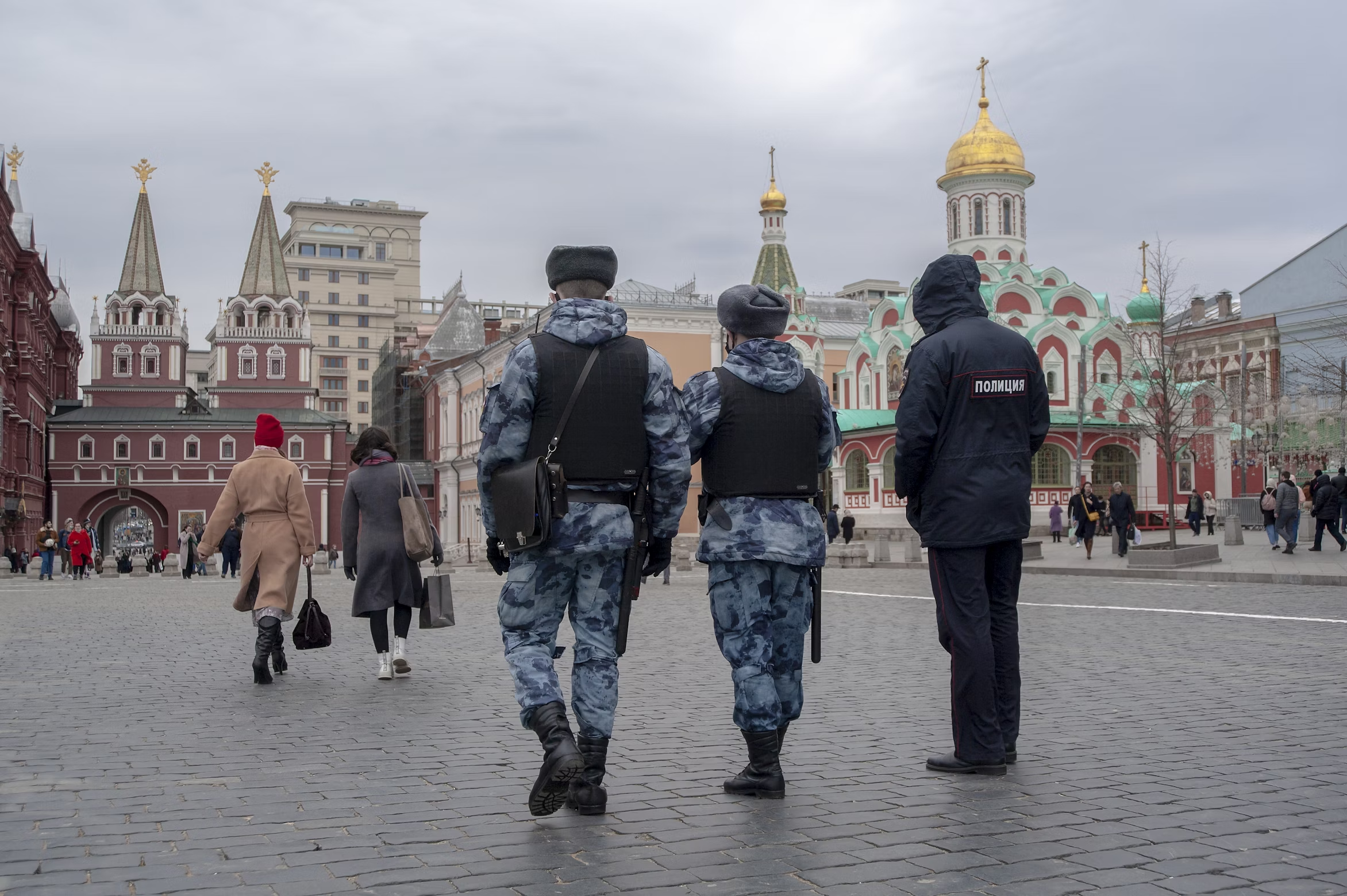by Mollie Blum, Max Kampelman Fellow
Russia’s unprovoked invasion of Ukraine has created the largest migration crisis in Europe since World War II. Countries on Ukraine’s western border have welcomed millions of people fleeing the war – most of whom are women and children – providing housing, assistance, and access to schools and social services. Nevertheless, some refugees belonging to minority communities have faced discrimination, from crossing the border to the provision of assistance in reception centers, to facing difficulties in finding accommodation and employment, particularly Roma.
With over 12 million Roma in Europe, Roma comprise the largest minority group and are present in most of the participating States of the Organization for Security and Cooperation in Europe (OSCE). Roma have historically faced persecution in Europe and were victims of genocide during World War II. In post-communist countries, Roma suffered disproportionately in the transition from command to market economies, in part due to endemic racism and discrimination. Roma activists continue to advocate for justice for their communities and to address vulnerabilities to violence and discrimination.
The Situation of Ukrainian Roma Before the War
Roma have faced discrimination and marginalization throughout Europe; Ukraine is no exception. Before Russia’s most recent invasion of Ukraine, Ukrainian Roma faced problems similar to those Roma face elsewhere, including discrimination. One major issue that affects many areas of Roma life is a lack of official documentation among some of the Roma community.
Of the estimated 400,000 Roma living in Ukraine, about 30,000 do not have any official identification. Shifting borders after the dissolution of the Soviet Union, internal displacement from Russia’s illegal annexation of Crimea, and general discrimination means that it difficult for Roma to register for the documentation that proves they are Ukrainian. Due to discrimination in the health care system and the high price that non-citizens must pay for services, many undocumented Roma women have birth at home and as a result, many of their children never receive Ukrainian birth certificates. Citizenship is essential because it provides basic government support and protection that is necessary for meeting fundamental human requirements. As a result, Roma without proof of Ukrainian citizenship are forced to live on the margins of society and face significant challenges when securing housing, or when seeking education, healthcare, and employment.
In addition, Roma communities have been the targets of nationalist groups, who have attacked Roma neighborhoods and people with the intention to intimidate and force them from their homes. In 2018, these types of attacks were most recently prevalent. For example, in Kiev, members of nationalist groups, like C-14 and National Druzhnya, used hammers, axes, knives, and stones to chase Roma from their homes and often mocked the fleeing families in the process. Anti-Roma discrimination in Ukraine also comes from people who act individually. In Rudne, unidentified perpetrators burned down, stoned, and raided Roma homes. While in Berehove, a Roma woman was stabbed and killed.
Fleeing Ukraine
When Roma women, children, and elders tried to flee to safety after Russia invaded Ukraine, reports indicate they were not treated with the same dignity as other Ukrainian refugees. Anti-Roma discrimination began at the Ukrainian border, where there were accounts of Roma families being denied exit. For example, a mother and her two children were repeatedly turned back from Ukraine’s border with Hungary while facing threats from a border guard over the course of the week of March 20, until a new guard finally granted them permission to leave. The original border guard that turned the family away threatened to confiscate all their belongings, accusing them of only attempting to enter Hungary to falsely take advantage of the refugee benefit system that was available at the time.
Segregation in Short-Term Reception Centers
Anti-Roma discrimination continued beyond the Ukrainian border and into neighboring countries that welcomed large numbers of Ukrainian refugees into reception centers in the initial weeks of the war.
Often Roma were segregated from the rest of the refugee population and forced into substandard living conditions, with officials claiming it was for their safety and the protection of their culture.
In Moldova, Roma suffered through the winter cold without heating or hot water in a reception center specifically created for them. In the Czech Republic, Roma were deprived of hot food and forced to sleep in unsanitary conditions on the floor of a train station, separated from other refugees. Some Roma reported that workers and volunteers at reception centers in both Moldova and the Czech Republic repeatedly accused them of lying about being Ukrainian to steal humanitarian aid intended for ‘real’ refugees.
Exclusion of Roma from Long-Term Housing Solutions
Volunteers who were tasked with finding homes for all refugees—including Roma—in reception centers often reported that more permanent facilities and local families would specifically request to house only white refugees. Some went as far as explicitly refusing to accept Roma and demanding confirmation of refugees’ ethnicities before taking them in.
Without access to private accommodations, Roma refugees had to rely on host country governments to provide longer term housing. This resulted in segregated facilities that housed mainly Roma refugees for weeks or even months in reception centers meant for short term transit. In Moldova, Roma lived in an abandoned university dormitory. In the Czech Republic, Roma were transferred to a former detention camp in Vyšní Lhot, where displaced mothers and children were surrounded by barbed wire and armed security. Roma who refused to move to Vyšní Lhot had no other choice but to live in tents in Brno, where there was no medical assistance or protection from the elements. In July, a school near the Polish border town of Medyka that had been used to house refugees was closed, and with few other viable options, the 144 Roma who had been living there returned to Ukraine.
Discriminatory National Rhetoric
Hungarian naturalization policies passed in 2010 permit any descendent of a Hungarian citizen with basic Hungarian language skills to gain citizenship. This new policy was desirable to many because it allowed those living in non-European Union member states to gain access to the EU. As a result, tens of thousands of Ukrainians now have Hungarian citizenship, including several hundred Ukrainian Roma. Yet, possession of a dual Hungarian-Ukrainian citizenship has only complicated the current path to protected refugee status for these Roma. The EU Protocol on Asylum for Nationals of Member States, which is part of the Treaty of Amsterdam, states that citizens of EU member states do not need to be granted asylum in other EU countries under most conditions, leaving Roma holding dual citizenship without the assistance that other Ukrainian refugees receive.
In addition, some Czech politicians and members of the public have accused Roma refugees—without evidence—of coming not from Ukraine but from Hungary to receive Czech benefits provided by the government to refugees. Those with dual citizenships only make up a fraction of the Roma seeking refuge in Prague, yet xenophobic attitudes mean that officials tend to inflate the issue of dual citizenship to dismiss all Roma as organized criminals and refuse their applications for protected refugee status, taking their lead from top politicians.
For example, Czech Interior Minister Vít Rakušan has referred to Roma refugees as “social tourists” that must be dealt with. In addition, President Miloš Zeman is quoted as claiming Ukrainian Roma refugees are simply “economic migrants.”
It is estimated that around one fifth of Roma refugees who found refuge in the Czech Republic have Hungarian citizenship; many attempted to move to Hungary, but Hungarian authorities claimed their passports were forgeries and rejected them. As those with Hungarian citizenship cannot be legally deported outside of the EU under Schengen rules, they remain in the Czech Republic, where officials do not have any obligation to provide them with assistance. Caught between a rock and a hard place, some Roma decided to return to Ukraine and face the dangers of war as a better alternative to the discrimination they faced trying to seek safety.
Despite Discrimination, Ukrainian Roma Men Defend their Country
Despite the discrimination that Romany families have faced as refugees, there is no difference in their response to the war. Viktor Chovka, a Ukrainian Roma journalist, has reported that Roma men want to stay and fight because they are Ukrainian, despite the discrimination they’ve faced at home. Roma men between 18 and 60 remain in Ukraine to fight, just like all other Ukrainian men who are required to do so.
Conclusion
The majority of discrimination faced by Roma refugees appears to be from local or private actors providing assistance to Ukrainian refugees. The OSCE may be able to assist governments in protecting the rights of Roma refugees and addressing instances of discrimination. The OSCE Office for Democratic Institutions and Human Rights (ODIHR) has a Contact Point for Roma and Sinti Issues that works with participating States and civil society to protect the human rights of Roma and Sinti throughout Europe. By consulting with the OSCE Contact Point and local Roma leaders, governments in countries receiving refugees can ensure that the needs of Roma refugees are met without discrimination.










